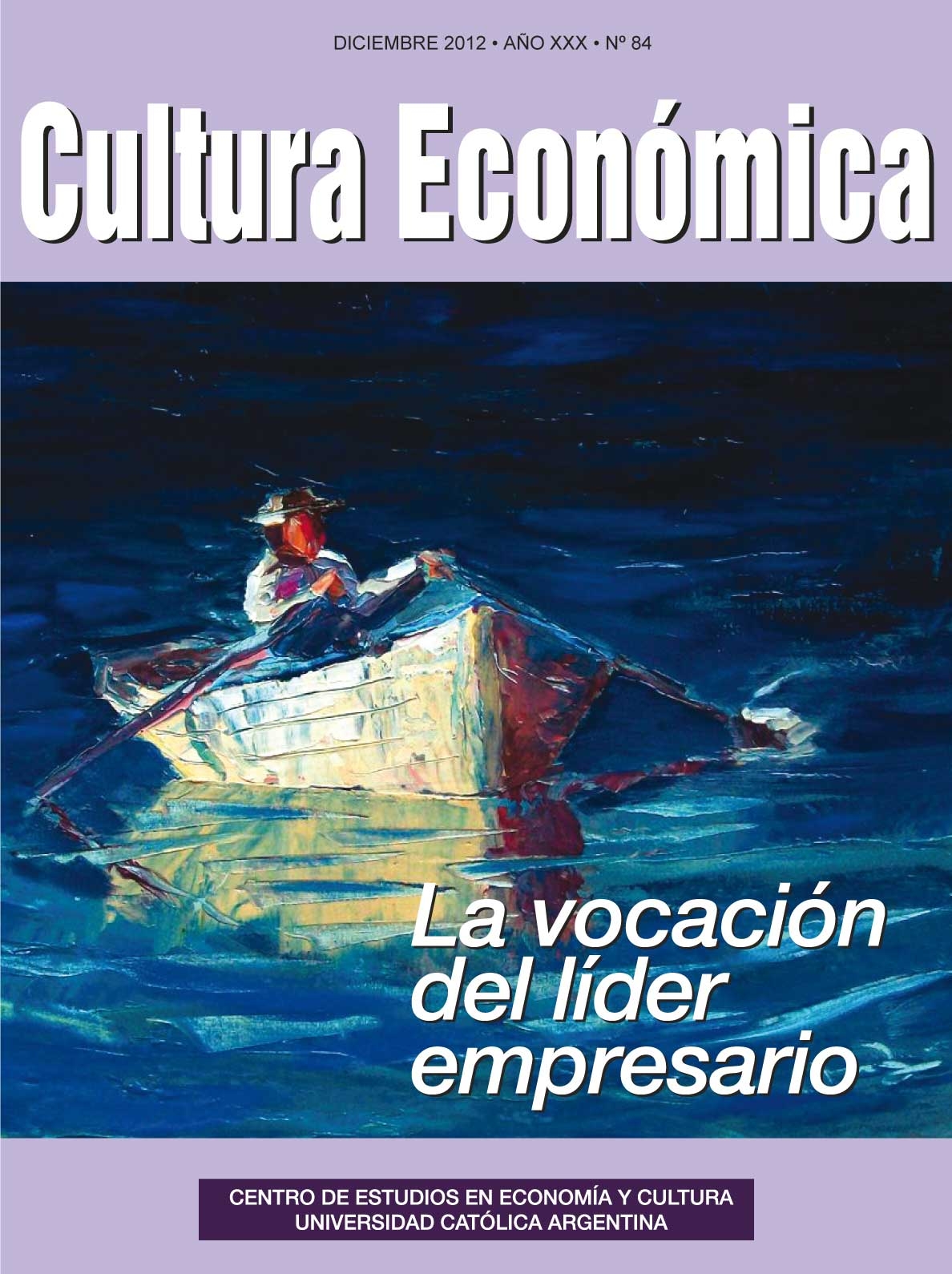Leaders who do not require heroism
Keywords:
SUBSIDIARITY, INCENTIVES, CORPORATE DECISION STRUCTURE, CORPORATE MORAL AGENCY, LEADER AS SERVANTAbstract
The article analyzes the principle of subsidiarity in people management and in-company management based on the intended application in the pontifical document The Vocation of the Business Leader: a Reflection. First, it discusses the company and the business leader as key
social agents who should practice smart charity in order to contribute to the common good. It then focuses on organizational design, and its system of incentives and corporate policies and on the debate about whether or not to attribute moral responsibility to the company as an organized human group. The author argues that while the organization often acts as
a conditioning factor of its members’ freedom it is important to emphasize that this should not be determining, and that a true leader should act guided by the principle of subsidiarity.
Downloads
References
Benedicto XVI (2009). Carta Encíclica Caritas in Veritate.
French, P. (1977). “The Corporation as Moral Person”. Paper presented at the Ethics and Economics Conference, University of Delaware, Nov 11, 1977.http://www.carroll.edu/msmillie/busethics/protect/corpmoralagency.pdf
(1984). “The Principle of Responsive Adjustment in Corporate Moral Responsibility: The Crash on Mount Erebus”. Journal of Business Ethics 3(2):101-111.
Kohn, A. (1993). “Why incentive plans cannot work”, Harvard Business Review, Sep/Oct93, Vol. 71 Issue 5: 54.
McClelland, D. and Burnham, D. (2003). “Power is the great motivator”, Motivating People, Best of Harvard Business Review: 117 -126
Naughton, Michael; Alford, Helen (coords.) (2012) Vocation of the Business Leader: a Reflection. Pontifical Council for Justice and Peace (VBL).
Phillips, M. (1995). “Corporate Moral Responsibility: When it might matter”. Business Ethics Quarterly, volume 5, issue 3 ISSN 1052-150X.0555-0576.
Preziosa, M. M. 2010. “La Ética empresarial en la Encíclica Caritas in Veritate”, V Encuentro Nacional de Docentes Universitarios Católicos
(ENDUC-5), La Plata, Argentina. http://enduc.org.ar/basestot/orden5a.php
Treviño, L. K., Nelson, K. (2010). Managing Business Ethics: Straight Talk about how to Do it Right, 5th edition, Wiley & Sons, Hoboken.
Schein, E. (1999). The Corporate Culture Survival Guide - Sense and Nonsense About Culture Change. Jossey- Bass Publishers, San Francisco.
Werhane, P.H. (1989). “Corporate and individual moral responsibility: A reply to Jan Garrett.” Journal of Business Ethics 8 (10):821 – 822
Downloads
Published
How to Cite
Issue
Section
License













